Accounting software is an invaluable tool for the modern business.
According to a 2021 survey by Codat, 50% of businesses in the UK use it. Like most other software, there comes a time where it doesn’t fit your needs – but how do you know exactly when to upgrade?
In this post, we’ll be covering 5 of the key signs that show you need to upgrade your accounting software.

1. Your accounting software is no longer being updated
Are you pulling your hair out over a system that keeps crashing? Or has it not been working at the same level since your operating system was updated?
Either of these could be a sign that your accounting software is on its last legs, and that you need to update it.
What’s more, working on older software can have implications for your customers too. These versions can have security issues and might not include more recent legislation – meaning it poses a risk to their data and yours.
2. You’ve reached the software’s user limit
If you’re a small business, then the user limits of accounting software aren’t really an issue. But businesses never stay still. As your company grows, you’ll run into issues if your accounting software doesn’t grow with them. Reaching user limits could mean having to share logins, or deal with slower systems – the last thing you want as you expand.
This was the issue faced by The Royal Foundation of St Katharine, a non-profit organisation based in London. They had previously used Sage 50 for a number of years, but as the charity grew and its remit expanded, it didn’t have the functionality they needed. The transition to Sage Intacct was smooth, and meant data could be accessed through a few clicks, and reported on more easily too.
3. Lack of reporting
Half the battle in business is keeping track of your growth. If you don’t know where your business is lagging behind, there’s no way you can improve- and your accounting software could be playing a direct role in that.
If your accounting software doesn’t include in-depth reporting, finding the metrics that matter can be more trouble than it’s worth.

4. No integrations
The best accounting systems should give you fewer problems, not more. Accounting software that doesn’t have integrations as standard forces you into workarounds. Whether that’s manual data entry or having to work with programmes you don’t feel comfortable with, they all lead to the same fundamental issue. Your accounting process becomes dictated by software when it should really be the other way around.
This was a major reason behind Swisstulle’s decision to partner with us in moving to Sage 200 Professional. The modernised system, as implemented by our Consultant Hiren, has given them seamless access to important sales data from within the platform, rather than having it in a seperate application.
5. No option for mobile use
The COVID-19 pandemic had an undeniable impact on the world of work. Your workforce is no longer in the office all the time – in 2022, 30% of people in the UK said they were working remotely at least once a week.
Wherever your team work from, they should be able to access software that helps them do their jobs – and that includes accounting software. Let’s face it, nobody wants to have to change their plans and drive into the office just to solve an issue with a customer’s bill.
If your accounting software can’t keep up with your workforce wherever they are, then it might be time to think about moving to one that does.
When you’ve been using an accounting system for a long time, it can be hard to figure out if and when you need to upgrade. But what it all comes down to is your business, and whether the accounting software you have achieves what it needs.
While there are more than 5 signs that tell you to upgrade your accounting software, we think that these are the key ones to look out for.
Whatever you need from your accounting software, Sage and PKF Smith Cooper Systems have you covered. Contact the team today and call 01332 959008 or use the enquiry form.
Interested to know more about our Sage solutions?
Call 01332 959008 or enquire online today
"*" indicates required fields

